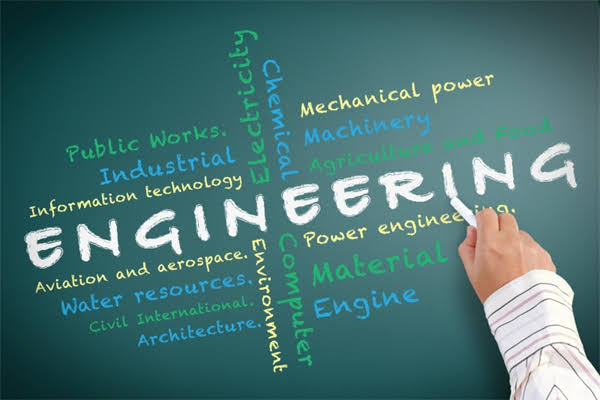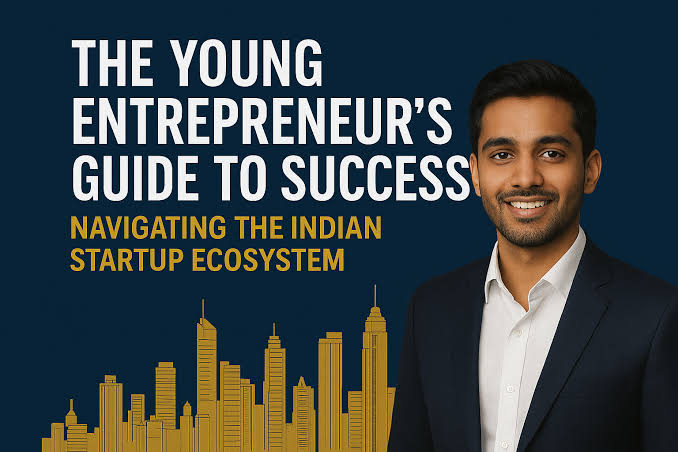 Image Source: Education and Career
Image Source: Education and Career
Engineering is more than equations and exams—it’s a launchpad to innovation, leadership, and global impact. Yet, many students find themselves overwhelmed by academic pressure, unclear career paths, and rapidly evolving industry demands. A recent feature by India Today offers a timely roadmap for engineering students to not just survive but thrive in their academic and professional journeys.
Here are seven career-defining strategies that can help engineering students build confidence, sharpen skills, and unlock meaningful opportunities.
1. Build Strong Fundamentals Early
Success in engineering begins with mastering the basics. Whether you're pursuing computer science, mechanical, or civil engineering, a solid grasp of mathematics, coding, and core technical subjects lays the foundation for everything that follows.
Key takeaways:
• Focus on understanding concepts rather than rote memorization
• Use online platforms and peer groups to strengthen weak areas
• Apply theoretical knowledge through lab work and mini-projects
Strong fundamentals not only boost academic performance but also prepare students for competitive exams and job interviews.
2. Go Beyond The Textbook
Employers today value practical experience over theoretical knowledge. Participating in hands-on projects, internships, and research assignments helps students develop real-world problem-solving skills.
Highlights:
• Join campus hackathons, robotics clubs, or coding competitions
• Seek internships in startups or mid-sized firms for broader exposure
• Document your work to build a strong project portfolio
This approach enhances employability and gives students a taste of industry expectations.
3. Stay Updated With Emerging Technologies
Engineering is one of the fastest-evolving fields. Staying current with tools like artificial intelligence, data analytics, cloud computing, and CAD software can give students a competitive edge.
Suggestions:
• Subscribe to tech newsletters and YouTube channels
• Take short certification courses on platforms like Coursera or Udemy
• Follow industry leaders on LinkedIn for insights and trends
Being future-ready means being tech-savvy and adaptable to change.
4. Sharpen Your Soft Skills
Technical brilliance alone won’t guarantee success. Communication, teamwork, and presentation skills are essential in interviews, internships, and workplace settings.
Tips to improve:
• Practice public speaking and group discussions
• Write blogs or contribute to student magazines to improve articulation
• Collaborate on team projects to build interpersonal skills
Soft skills help engineers become effective collaborators and leaders.
5. Network With Purpose
Networking isn’t just for business majors. Engineering students can benefit immensely from connecting with alumni, professors, and industry professionals.
Ways to network:
• Attend tech conferences, webinars, and alumni meets
• Join professional societies like IEEE or ASME
• Engage in LinkedIn groups and online forums
Networking opens doors to mentorship, internships, and hidden job opportunities.
6. Prepare Early For Placements
Don’t wait until final year to start placement prep. Begin with aptitude tests, mock interviews, and coding practice to build confidence and readiness.
Preparation checklist:
• Practice coding on platforms like HackerRank or LeetCode
• Take mock interviews with seniors or mentors
• Stay updated on company profiles and placement trends
Structured preparation increases your chances of landing top offers.
7. Explore Diverse Career Paths
Engineering offers more than just corporate jobs. Students should consider higher studies, research, entrepreneurship, or even interdisciplinary careers based on their interests.
Options to explore:
• Apply for GATE or GRE if considering post-graduation
• Start a tech blog or YouTube channel to build a personal brand
• Consider launching a startup or joining incubators
Career success is not one-size-fits-all—explore what aligns with your passion and strengths.
Final Thoughts: Engineering Your Future With Intention
These seven tips are more than academic advice—they’re a mindset shift. Engineering students who combine technical depth with curiosity, communication, and strategic planning are best positioned to lead in tomorrow’s world. Whether you're in your first semester or final year, it’s never too late to recalibrate and rise.
Sources: India Today, Sandip Foundation, Cambridge Institute of Technology.
Advertisement
Advertisement





